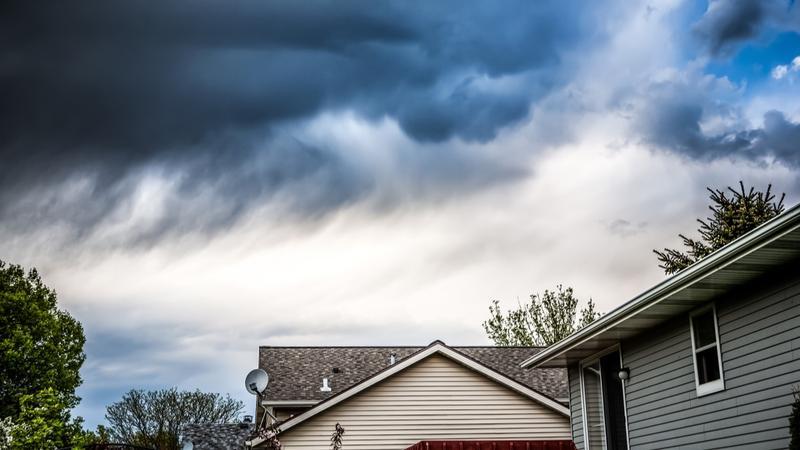

Having home insurance is protection if something happens to your home. It’s essential coverage in case an incident occurs, like a fire that starts in the kitchen or wind that causes damage to your roof.
However, while home insurance serves as a cushion in the event of damage to your home, it will only protect you if you follow the rules outlined by your policy.
Here are five things to avoid that have the potential to result in your home insurance policy being cancelled.
A 2019 court case made the news because a man who owned a few apartment buildings used them for illegal marijuana grow farms. A lamp started a fire in one of the buildings. He submitted a claim for insurance to cover the damage. The claim was denied so he sued his insurance company. In court, he admitted that he had illegal grow farms despite saying earlier that residents lived in the building. The admission led to the case being dropped and he subsequently lost his insurance coverage.
Illegal criminal activity is grounds for cancelling a home insurance policy because illegal criminal activity is a policy exclusion. While it's legal in Canada to possess marijuana, the maximum number of plants one household can cultivate is four, and you need a licence from the federal government to grow cannabis for business purposes.
That means grow-ops like the one described above are still illegal. Never take part in illegal activities on your property or allow roommates or tenants in who might do the same.
Your home insurance provider can deny your claims and cancel your policy if you submit fraudulent claims. For example, if you file a claim to report a fire in your home, but the insurance inspector determines that the fire was intentionally set, you could have your policy cancelled.
Insurance providers use special anti-fraud technology that can help them determine fraudulent claims. Only submit a claim if it’s necessary and don’t exaggerate the damage.
Filing fraudulent claims is a crime:
Your claim could be rejected if you can't provide evidence that the items you’re claiming exist. This is why it’s always a good idea to keep receipts and even video footage in some cases.
To protect your collections and valuables:
If you make major home renovations, you can increase your home’s value. But if a fire occurs and you haven’t let your insurance provider know about the upgrades and renovations, they can only pay out your claim based on the original value of the home, not the new value.
It’s important to alert your insurance company to any upgrades or changes you make to your home.
Types of renovations you should tell your insurance provider about include:
A snowbird was travelling out of the country and her insurance policy was voided. While she was away, a storm caused a tree to fall onto her home. The roof had a hole in it and rainwater coming through the roof led to an eventual mold problem. She filed a claim for the extensive damage but it was denied, and her policy was cancelled.
Home insurance policies have specific time frames when homeowners can be away from their homes without having someone come in and check on the property. The policies might state they can’t be away for longer than 30 days without the property being considered vacant. This can make the policy void if damage or a burglary occurs and you are not there. A policy might also indicate that a homeowner can’t be away for longer than a week in the winter. This may be due to pipes that can burst and freeze in colder seasons.
To protect your home and personal belongings, always have a home insurance policy in place. To avoid doing something that can nullify your policy, read it carefully and talk to an insurance agent if you have questions.
With InsuranceHotline.com, you can compare home insurance quotes from Canada's leading insurance providers.
Find the Best Car Insurance RatesCompare car insurance quotes from 50+ providers in a single search. Start saving money today on the premiums you pay.